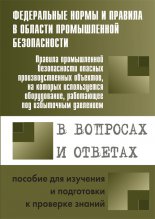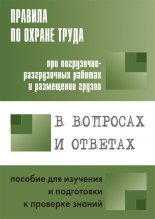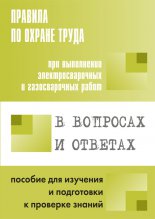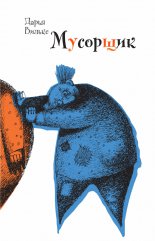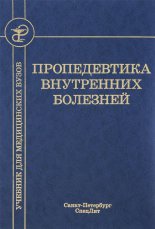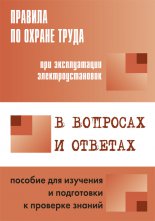Sanctus Гофман Эрнст
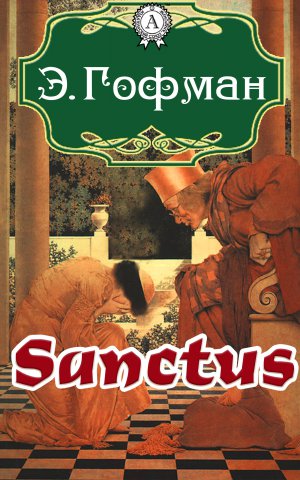
Table of Contents
I
A man is a god in ruins
RALPH WALDO EMERSON
1
A flash of light filled his skull as it struck the rock floor.
Then darkness.
He was dimly aware of the heavy oak door banging shut behind him and a thick batten sliding through iron hasps.
For a while he lay where he’d been thrown, listening to the pounding of his pulse and the mournful wind close by.
The blow to his head made him feel sick and dizzy, but there was no danger he was going to pass out; the agonizing cold would see to that. It was a still and ancient cold, immutable and unforgiving as the stone the cell was carved from. It pressed down and wrapped itself round him like a shroud, freezing the tears on his cheeks and beard, chilling the blood that trickled from the fresh cuts he himself had inflicted on his exposed upper body during the ceremony. Pictures tumbled through his mind, is of the awful scenes he had just witnessed and of the terrible secret he had learned.
It was the culmination of a lifetime of searching. The end of a journey he had hoped would lead to a sacred and ancient knowledge, to a divine understanding that would bring him closer to God. Now at long last he had gained that knowledge, but he had found no divinity in what he had seen, only unimaginable sorrow.
Where was God in this?
The tears stung fresh and the cold sank deeper into his body, tightening its grip on his bones. He heard something on the other side of the heavy door. A distant sound. One that had somehow managed to find its way up through the honeycomb of hand-carved tunnels which riddled the holy mountain.
They’ll come for me soon.
The ceremony will end. Then they will deal with me …
He knew the history of the order he had joined. He knew their savage rules – and now he knew their secret. They’d kill him for sure. Probably slowly, in front of his former brothers, a reminder of the seriousness of their collective, uncompromising vows: a warning of what would happen if you broke them.
No!
Not here. Not like this.
He pressed his head against the cold stone floor then pushed himself up on all fours. Slowly and painfully he dragged the rough green material of his cassock back over his shoulders, the coarse wool scouring the raw wounds on his arms and chest. He pulled the cowl over his head and collapsed once more, feeling his warm breath through his beard, drawing his knees tightly under his chin and lying clenched in the foetal position until the warmth began to return to the rest of his body.
More noises echoed from somewhere within the mountain.
He opened his eyes and began to focus. A faint glow of distant light shone through a narrow window just enough to pick out the principal features of his cell. It was unadorned, rough-hewn, functional. A pile of rubble lay strewn across one corner, showing it was one of the hundreds of rooms no longer regularly used or maintained in the Citadel.
He glanced back at the window; little more than a slit in the rock, a loophole carved countless generations earlier to give archers a vantage point over enemy armies approaching across the plains below. He rose stiffly to his feet and made his way towards it.
Dawn was still some way off. There was no moon, just distant stars. Nevertheless when he looked through the window the sudden glare was enough to make him squint. It came from the combined light of tens of thousands of street lamps, advertising hoardings and shop signs stretching out far below him towards the rim of distant mountains surrounding the plain on all sides. It was the fierce and constant glow of the modern city of Ruin, once the capital of the Hittite Empire, now just a tourist destination in southern Turkey, on the furthest edge of Europe.
He looked down at the metropolitan sprawl, the world he had turned his back on eight years previously in his quest for truth, a quest that had led him to this lofty, ancient prison and a discovery that had torn apart his soul.
Another muffled sound. Closer this time.
He had to be quick.
He unthreaded the rope belt from the leather loops of his cassock. With a practised dexterity he twisted each end into a noose then stepped to the window and leaned through, feeling the frozen rock face for a crag or outcrop that might hold his weight. At the highest point of the opening he found a curved protrusion, slipped one noose around it and leaned back, tightening it, testing its strength.
It held.
Tucking his long, dirty blonde hair behind his ears he gazed down one last time at the carpet of light pulsating beneath him. Then, his heart heavy from the weight of the ancient secret he now carried, he breathed out as far as his lungs would allow, squeezed through the narrow gap, and launched himself into the night.
2
Nine floors down, in a room as grand and ornate as the previous one was meagre and bare, another man delicately washed the blood from his own freshly made cuts.
He knelt in front of a cavernous fireplace, as if in prayer. His long hair and beard were silvered with age and the hair on top of his head was thin, giving him a naturally monastic air in keeping with the green cassock gathered about his waist.
His body, though stooped with the first hint of age, was still solid and sinewy. Taut muscles moved beneath his skin as he dipped his square of muslin methodically into the copper bowl beside him, gently squeezing out the cool water before dabbing his weeping flesh. He held the poultice in place for a few moments each time, then repeated the ritual.
When the cuts on his neck, arms and torso had started to heal he patted himself dry with fresh, soft towels and rose, carefully pulling his habit back over his head, feeling the strangely comforting sting of his wounds beneath the coarse material. He closed his pale grey eyes, the colour of parched stone, and took a deep breath. He always felt a profound sense of calm immediately after the ceremony, a sense of satisfaction that he was upholding the greatest tradition of his ancient order. He tried to savour it for as long as possible before his temporal responsibilities dragged him back to the earthbound realities of his office.
A timid knock on the door disturbed this reverie.
Tonight his beatific mood was obviously going to be short-lived.
‘Enter.’ He reached for the rope belt draped over the back of a nearby chair.
